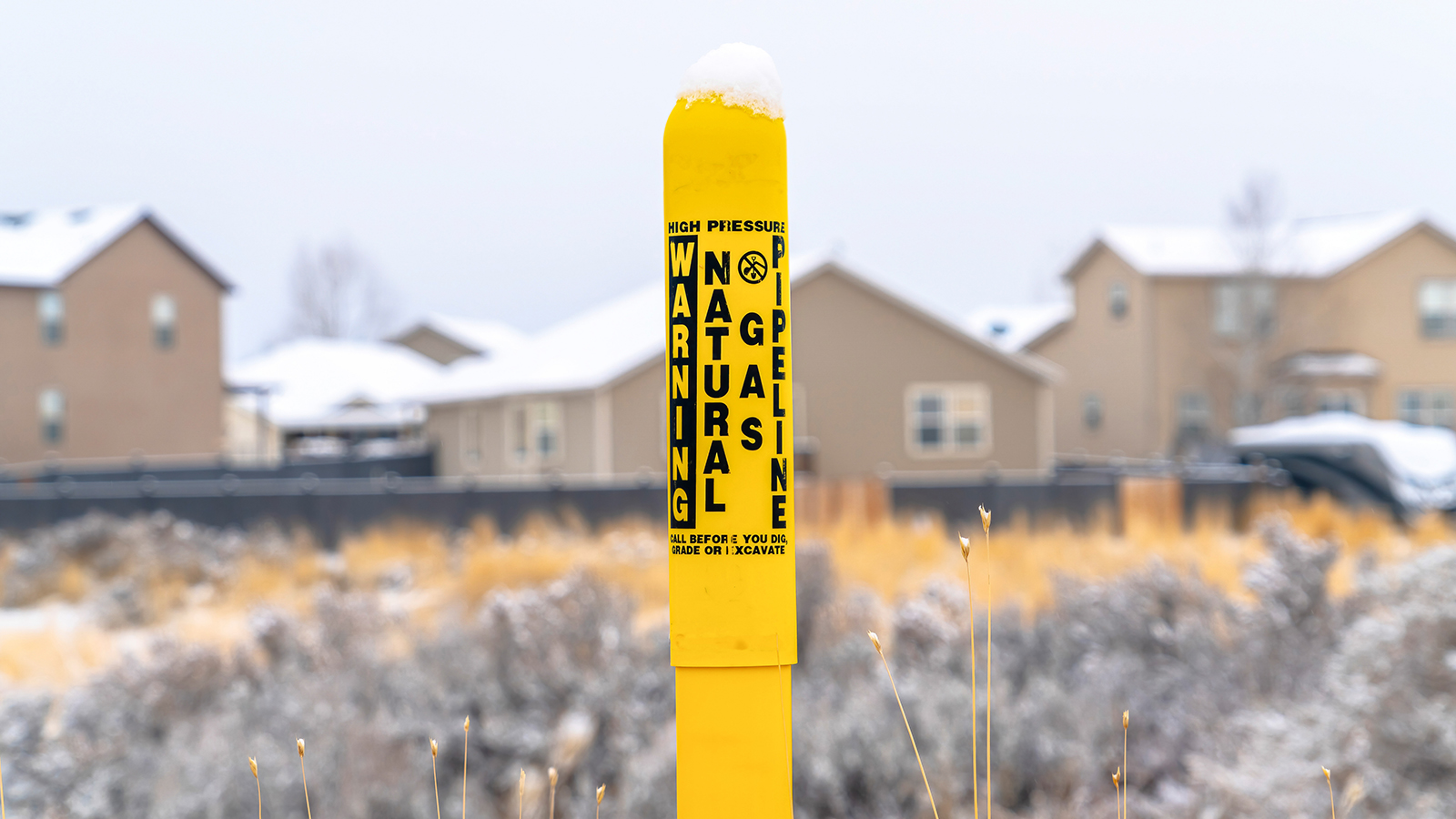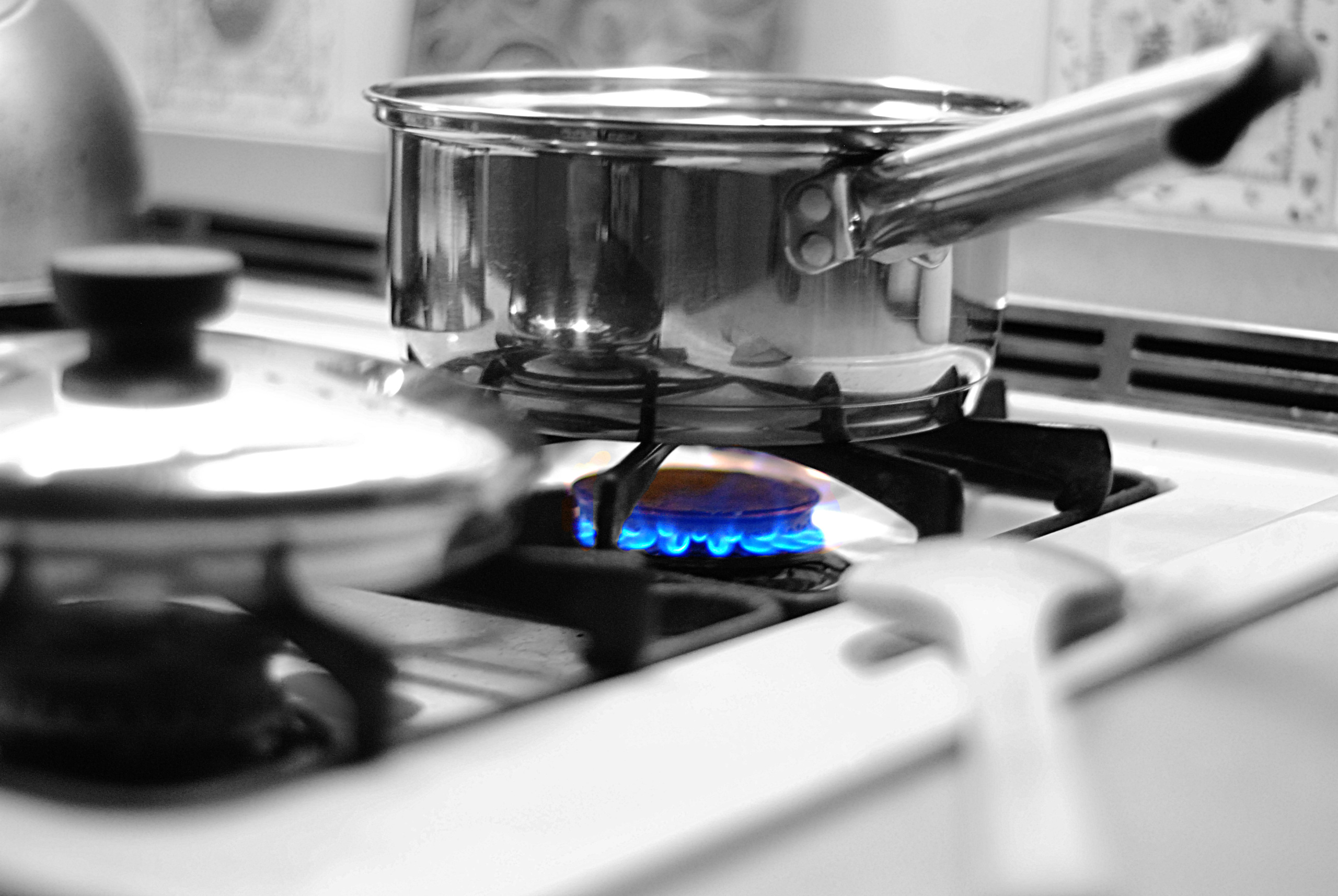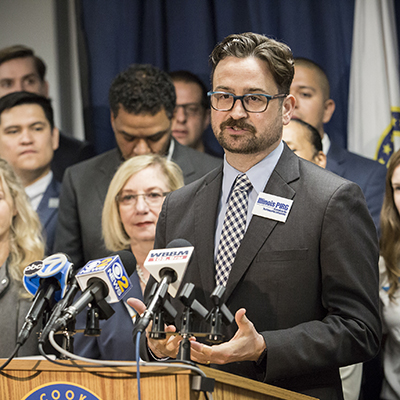
Gas Stove Omissions
Retailers are failing to warn consumers about the health risks of cooking with gas
We surveyed the country’s three largest home appliance stores to find out what information consumers are getting about the health risks of cooking with gas stoves.
Downloads
Long-simmering concerns about the health hazards of gas stoves reached a boiling point in 2023. While media outlets covered new scientific research, the U.S. Consumer Product Safety Commission (CPSC) initiated a formal public inquiry into “gas stove hazards and potential solutions,” and investigative reporters documented how the gas industry has employed “Big Tobacco’s tactics” for decades to obfuscate the overwhelming scientific evidence of health harms from cooking with gas.
While the explosion of media attention over the past year introduced many Americans to the problem, many likely remain confused because of the decades-long campaign by the gas industry to obscure the facts. Even though the CPSC took an initial step this year with its inquiry, indoor residential air quality remains largely unregulated by any federal agency.
As a result, many consumers may rely on salespeople at major appliance stores for answers to key health and safety questions when purchasing a new stove. That means retailers have a significant opportunity to help educate their customers on the health risks of cooking with gas. For example, a groundbreaking new study just this year attributed 1 in 8 childhood asthma cases to gas stove pollution.
U.S. PIRG surveyed the country’s three largest home appliance stores for the second year in a row to find out what information consumers are getting at the point of sale. Secret shoppers were sent to Lowe’s, Home Depot and Best Buy at 62 locations in 11 states.
We expected that heightened visibility of the issue would have prompted these retailers to more proactively alert customers to gas stove pollution or at least be able to answer basic questions regarding the problem. Unfortunately, our investigators found little had changed on the sales floor. Much like the results of our 2022 survey, the 2023 survey found that retail staff frequently failed to warn shoppers about the potential health risks of cooking with gas, the proper role of external ventilation and opportunities to improve indoor air quality with electric alternatives.
While the survey used a modest sample size compared to the total number of retail appliance stores in the nation, the results showed a clear and concerning trend in how these products are being marketed to the public.
KEY FINDINGS
Retailers and sales associates are failing to warn shoppers about the well-established health risks of cooking with gas.
Retail sales staff provided limited, often false information to our researchers.
- 76% of store associates said that gas stoves were perfectly safe or that they were not aware of health issues with gas stove emissions
- Only 24% of staff surveyed shared accurate information about the dangers of gas stove emissions.
- 16% of sales staff recommended gas even when a secret shopper expressed health concerns and said someone in their home had asthma.
Gas stove ventilation lacking on the sales floor
- 80% of store associates said externally venting range hoods were not necessary to protect health.
- 69% of stores visited didn’t showcase externally venting hoods next to gas stove displays. Most locations kept these ventilation hoods off to the side, often in separate parts of the store.
Electric alternatives often were not on display
- 37% of surveyed stores didn’t feature induction cooking appliances on the showroom floor.
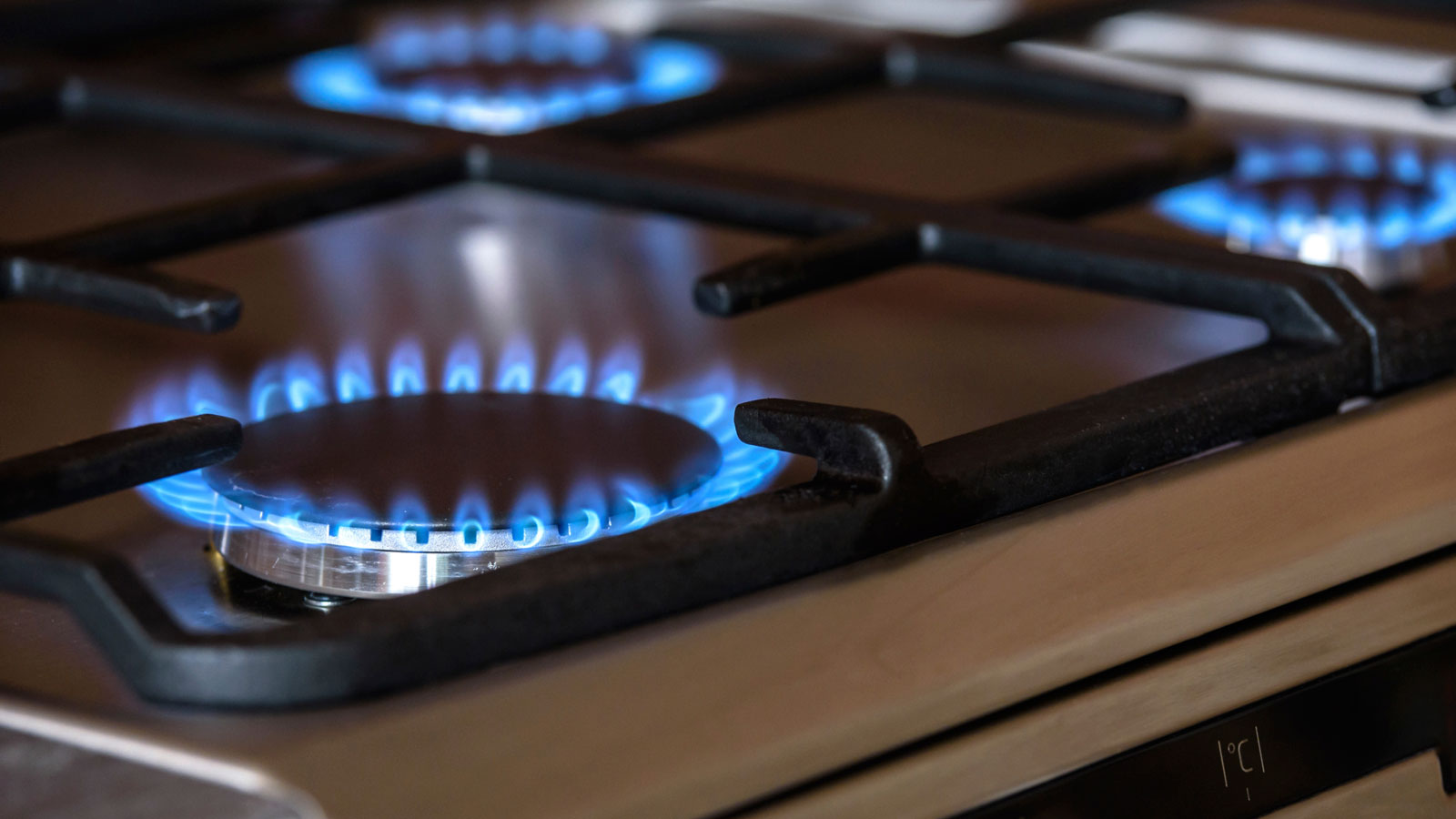
Ask Lowe’s, Home Depot and Best Buy to help protect us from gas stove pollution
Retailers who are concerned about protecting the health and safety of their customers can do a better job of educating consumers and ensuring that they have all the information necessary to protect themselves and their families.
Topics
Authors
Abe Scarr
Energy and Utilities Program Director, U.S. PIRG Education Fund
Abe Scarr is the director of Illinois PIRG and is the PIRG Energy and Utilities Program Director. He is a lead advocate in the Illinois Capitol and in the media for stronger consumer protections, utility accountability, and good government. In 2017, Abe led a coalition to pass legislation to implement automatic voter registration in Illinois, winning unanimous support in the Illinois General Assembly for the bill. He has co-authored multiple in-depth reports on Illinois utility policy and leads coalition campaigns to reform the Peoples Gas pipe replacement program. As PIRG's Energy and Utilities Program Director, Abe supports PIRG energy and utility campaigns across the country and leads the national Gas Stoves coalition. He also serves as a board member for the Consumer Federation of America. Abe lives in Chicago, where he enjoys biking, cooking and tending his garden.
Find Out More

“Certified natural gas” is not a source of clean energy
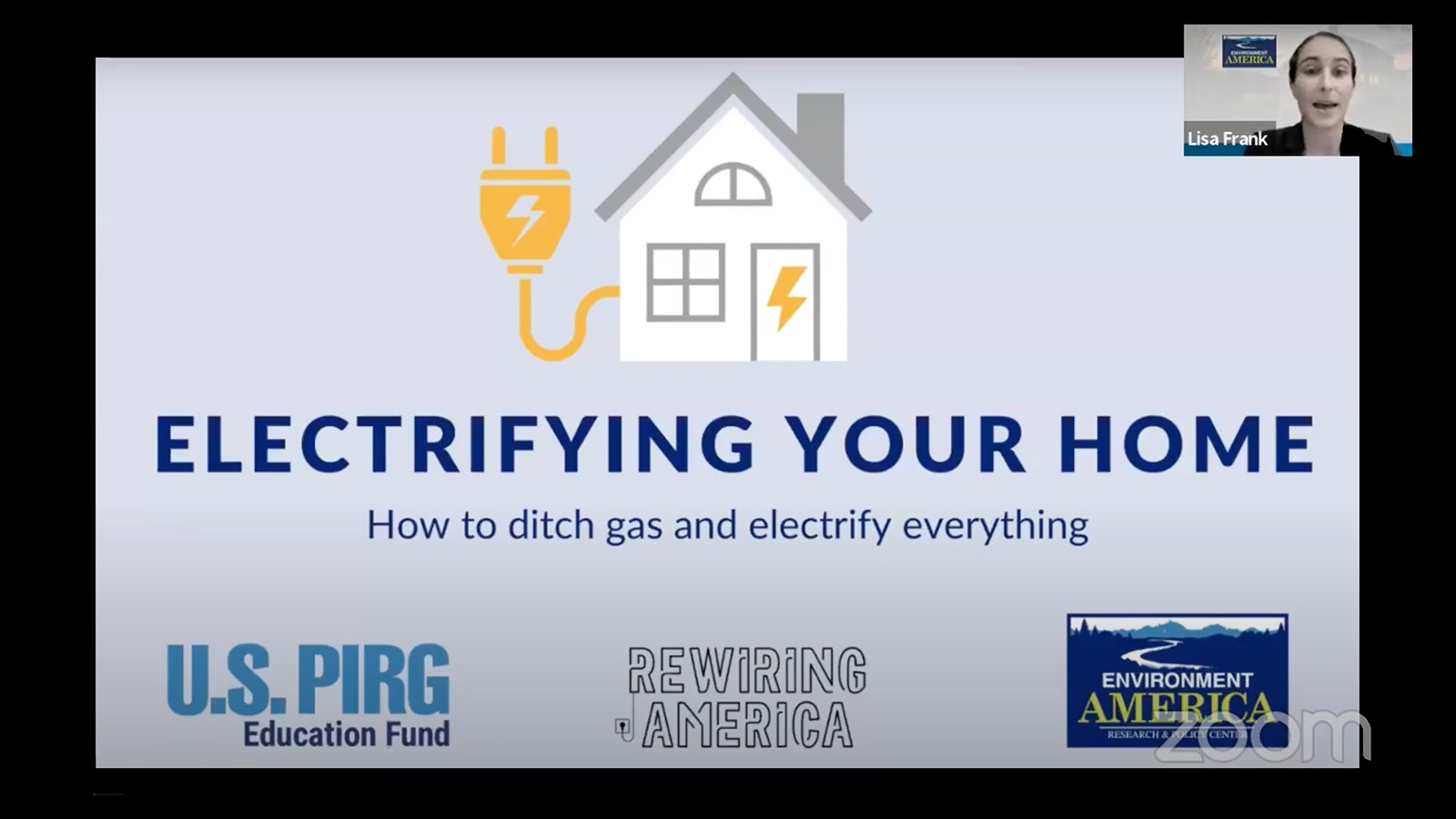
How you can electrify your home
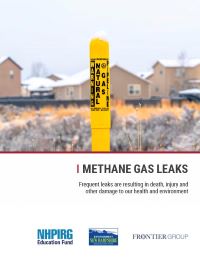
Methane Gas Leaks
